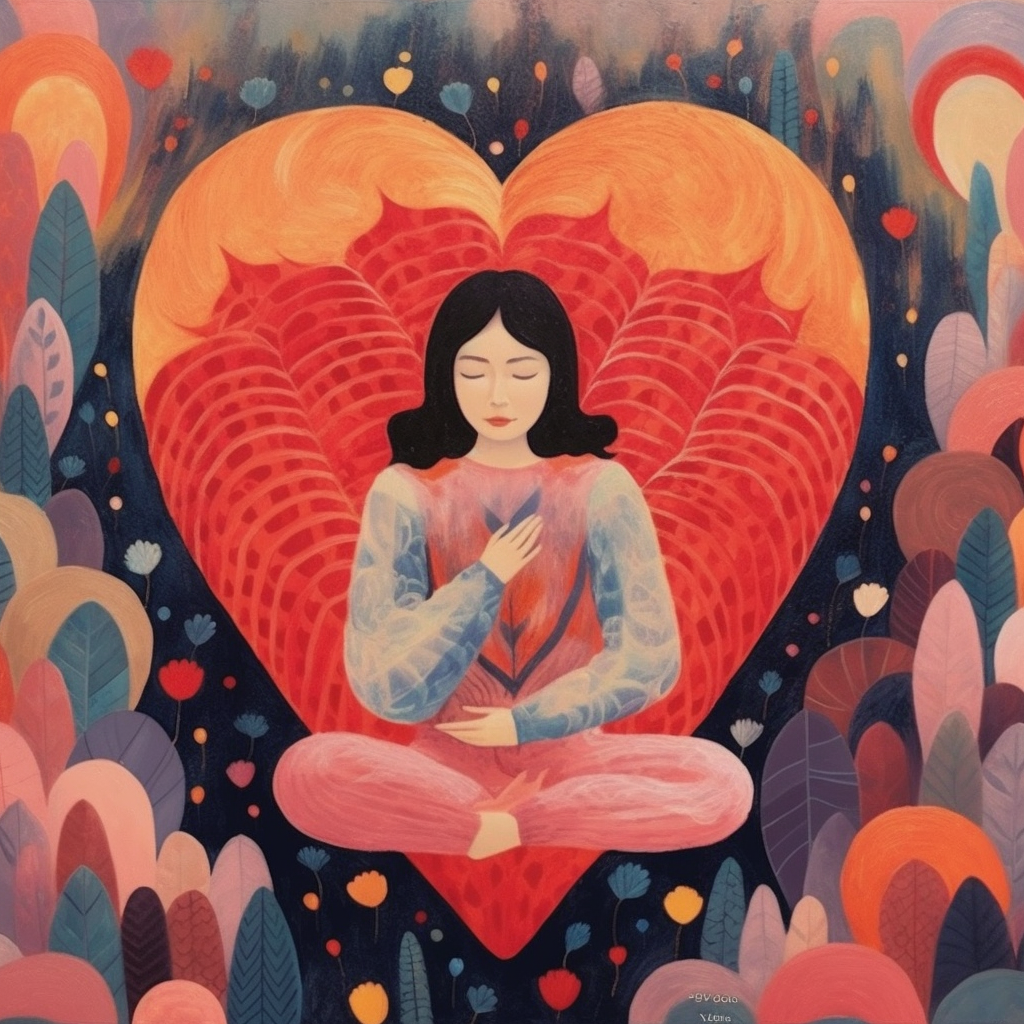This blog is a follow-up from “Watering the Seeds in Times of Peace and War”.
A dear friend shared her heartfelt response to the last blog. Her words echoed the sentiments of many grappling with the weight of distress and conflict in the face of overwhelming global events.
Being tired of opinion making in the media, I completely understand her weariness with both nationalistic and pacifist slogans. It’s indeed a difficult place to be when those slogans seem to offer simplistic solutions to deeply complex issues. And I believe that my friend’s internal conflict mirrors our shared human experience.
One powerful lesson we can draw upon in these trying times comes from Victor Frankl, a holocaust survivor and psychologist:
“Everything can be taken from a man but one thing: the last of the human freedoms—to choose one’s attitude in any given set of circumstances, to choose one’s own way.”
This echoes the idea of finding safety not outside ourselves, but within.
How safe do you feel within yourself? Can you be kind to yourself, even in the face of mistakes? If we pause and reflect on Victor Frankl’s wisdom, allowing it to guide us toward self-compassion and forgiveness, it can free ourselves from unkind words and actions of the past.
Responding instead of reacting is at the core of mindfulness – a tool that unlocks our capability to face difficult emotions. It’s an invitation to embrace our own anger, violence, and hardness, excavating the layers to reveal the more profound emotions beneath: fear, disappointment, and grief.

Speaking of fear, its roots often lie in our relationship with death. What is death to you? Are you afraid of it? Reflect on your experiences with it, and question whether birth and death truly exist.
Thich Nhat Hanh’s teaching on no birth and no death beautifully illustrates the continuity of existence. “When the cloud is no longer in the sky, it doesn’t mean the cloud has died. The cloud is continued in other forms like rain or snow or ice.” This teaching invites us to recognize our beloved ones in their new forms, to sit with the idea that they continue always.
Coming back to applying simplistic solutions to deeply complex issues: I believe that every time we decide to grapple with those difficult emotions and uncertainties, instead of following a simple black or white solution, we take a step a way from a violent solution and closer to a diplomatic one.
How would it be to engage from the following perspective: the more severe the issue is, the more delay time we should build in. To be clear, I am not advocating to be passive in a crisis and failing to secure people and assets. My question is different. How would it be to wait with any counter attack until the emotions have settled down and clearly understood, so that we can engage from a clear mind and heart?
In navigating these reflections, let me share some practices inspired by my colleague Sarah Kenny:
- Take a Tech Break: Constant exposure to distressing news can take a toll on mental health. Turn off news and social media, go outside, breathe fresh air, and find gratitude for the safety and security you have in the present moment.
- Practice Small Acts of Kindness: Kindness, starting in our individual interactions, can have a ripple effect. Smile at strangers, ask how someone is doing, and show respect to others—model the peace you wish to see in the world.
- Cultivate Inner Peace: Daily practices like deep breathing, meditation, or spending time in nature can help build inner resilience. Remember, outer peace starts from within, and it’s on us to cultivate this to show up as our most compassionate selves.
Remember, you are not alone. We are all interconnected, and in recognizing this oneness, we find strength and resilience.
Wishing you inner peace and connection,
Nadja

